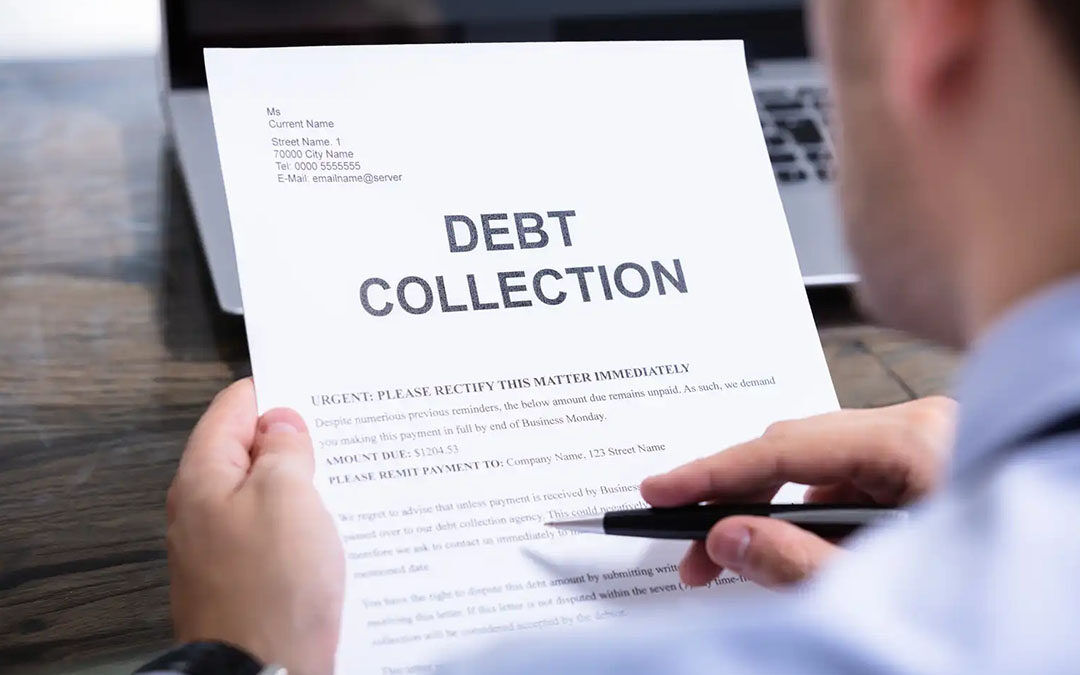Debt collectors have the right to contact you to collect a debt that you owe, but there are certain rules and limitations in place that govern how and when they can contact you. Here’s what they can and cannot do legally when visiting your house:
What Debt Collectors Can Do:
- Visit Your House: Debt collectors are allowed to visit your residence, but they must do so at a reasonable time of day and cannot enter your home without your permission.
- Speak with You: Debt collectors can speak with you about the debt, but they cannot harass, threaten, or intimidate you.
- Leave a Notice: If they are unable to speak with you, they may leave a notice at your door with information about the debt and how to contact them.
What Debt Collectors Cannot Do:
- Threaten or Intimidate You: Debt collectors are prohibited from using threats or intimidation to collect a debt. They cannot threaten to harm you, damage your property, or take any illegal action.
- Misrepresent Themselves: Debt collectors cannot lie or misrepresent themselves when attempting to collect a debt. They cannot pretend to be someone they are not, such as a government official or an attorney.
- Enter Your Home Without Permission: Debt collectors cannot enter your home without your permission, unless they have a court order allowing them to do so.
- Contact You at Inconvenient Times: Debt collectors are not allowed to contact you before 8:00 am or after 9:00 pm, unless you have given them permission to do so.
- Harass You: Debt collectors cannot harass you or your family members in order to collect a debt. This includes using profanity, repeatedly calling, or making threats.
- Ignore Your Request to Stop Contact: If you have requested that the debt collector stop contacting you, they must comply with your request. This is known as a “cease and desist” letter.
It’s important to know your rights and protections when dealing with debt collectors. If a debt collector violates any of these rules or engages in abusive or harassing behavior, you can file a complaint with the Consumer Financial Protection Bureau or seek legal help.

